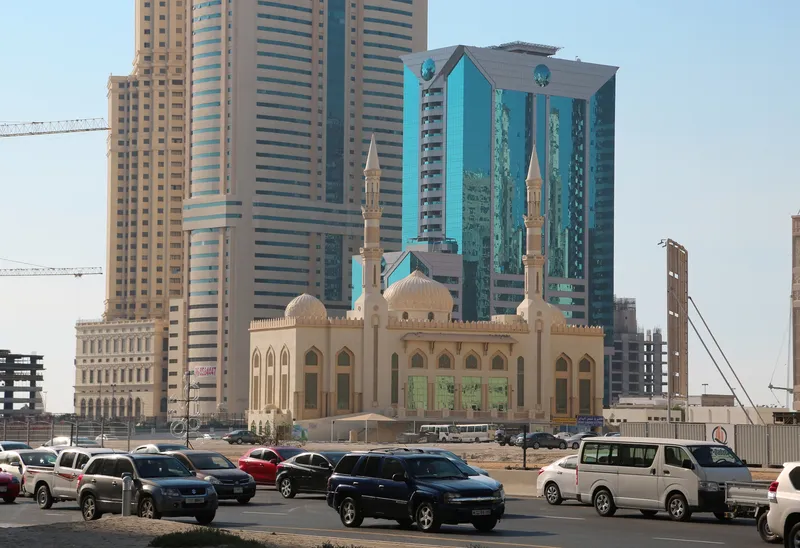The Masdar City personal rapid transit (PRT) system in Abu Dhabi has just completed its fifth year of operations, setting all time highs in number of passengers carried per month and per year, passenger growth and system availability. Since the start of operations on 28 November 2010 one can only conclude automated passenger transport is a rock solid, reliable and efficient solution for both passengers as well as stakeholders.
The Masdar PRT operates 18 hours a day, every day and is led by 2getthere in c
December 10, 2015
Read time: 2 mins
The Masdar City personal rapid transit (PRT) system in Abu Dhabi has just completed its fifth year of operations, setting all time highs in number of passengers carried per month and per year, passenger growth and system availability. Since the start of operations on 28 November 2010 one can only conclude automated passenger transport is a rock solid, reliable and efficient solution for both passengers as well as stakeholders.
The Masdar PRT operates 18 hours a day, every day and is led by 2getthere in co-operation with its UAE partner United Technical Services. The system provides a link between the Masdar Institute of Science and Technology (MIST).
The system carried one million passengers in its first 3.5 years of operation. Just 18 months later, the number has increased to 1,575,863 and its operators expect to reach the milestone of 2 million passengers before the end of this year of operations.
System availability in the fifth year of operations averaged 99.9 per cent over the year, with a 100 per cent availability being achieved in two months.
As the system is powered by energy generated by the solar panels in Masdar City, the operators claim it has saved over 100,000 kg of carbon dioxide emissions over the last five years in comparison to typical cars in the United Arab Emirates. Apart from this positive environmental effect, there is zero emission of fine dust particles which contributes to an enhanced air quality.
2getthere’s CEO Carel van Helsdingen comments: “Over these five years time of operation we are satisfied with the way the system has performed. However, there is always room for improvement and our team is currently working to integrate several features to accommodate a higher capacity while also improving the comfort and ease of travel.”
The Masdar PRT operates 18 hours a day, every day and is led by 2getthere in co-operation with its UAE partner United Technical Services. The system provides a link between the Masdar Institute of Science and Technology (MIST).
The system carried one million passengers in its first 3.5 years of operation. Just 18 months later, the number has increased to 1,575,863 and its operators expect to reach the milestone of 2 million passengers before the end of this year of operations.
System availability in the fifth year of operations averaged 99.9 per cent over the year, with a 100 per cent availability being achieved in two months.
As the system is powered by energy generated by the solar panels in Masdar City, the operators claim it has saved over 100,000 kg of carbon dioxide emissions over the last five years in comparison to typical cars in the United Arab Emirates. Apart from this positive environmental effect, there is zero emission of fine dust particles which contributes to an enhanced air quality.
2getthere’s CEO Carel van Helsdingen comments: “Over these five years time of operation we are satisfied with the way the system has performed. However, there is always room for improvement and our team is currently working to integrate several features to accommodate a higher capacity while also improving the comfort and ease of travel.”








